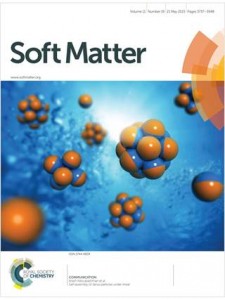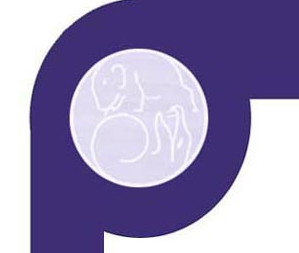 Authors of a pair of letters in Nature that concluded dinosaurs reached their full size surprisingly quickly are standing by their conclusions, despite challenges from a high-profile critic.
Authors of a pair of letters in Nature that concluded dinosaurs reached their full size surprisingly quickly are standing by their conclusions, despite challenges from a high-profile critic.
In the letters, researchers led by first author Gregory M. Erickson, a paleobiologist at The Florida State University, concluded that massive dinos grew fast — for example, a 5.5 ton T-Rex could reach skeletal maturity in just two decades. However, when Nathan Myhrvold tried to reanalyze the data, he couldn’t replicate the results. The authors have issued corrections to address the small mistakes unearthed by Myhrvold’s analysis, but argue he couldn’t replicate their results because they hadn’t fully explained their methodology.
After Myhrvold attempted to replicate the findings of maximum size and growth rate for several papers, he found issues in many, including the two Nature letters, according to a press release on Myhrvold’s website: Continue reading High-profile critic slams Nature letters about dinosaur growth following corrections
 PLOS ONE has retracted a paper published one month ago after readers began criticizing it for mentioning “the Creator.”
PLOS ONE has retracted a paper published one month ago after readers began criticizing it for mentioning “the Creator.”






